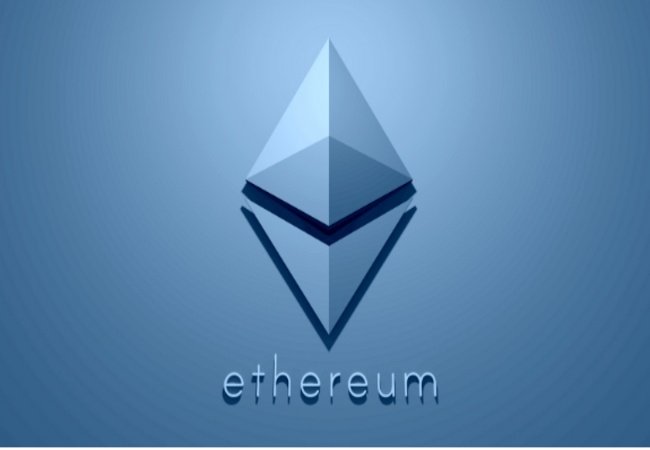We invite you today to analyze the Ethereum system, and in particular, its black spots.
Wanna do too much
Ethereum is a kind of decentralized global computer. This is indeed the vision of its creator, who did not want to impose any restrictions on what could be deployed on the network. Solidity, the programming language used to develop Ethereum smart contracts, is “Turing-complete”; meaning that it can perform recursive functions and other advanced mathematical calculations. Solidity is also a fairly easy language to learn, understand and use. Its similarity to C++ or JavaScript makes it quickly accessible to developers using those languages. It is easy to use and has few restrictions.
Smart contracts
The problem is that this creates problems when developing smart contracts. Remember that smart contracts are immutable and that once deployed, no one can change how they work. Therefore, developers cannot fix bugs or bugs in the existing contract, which may please hackers. Therefore, smart contracts should be carefully studied and tested before being deployed. Who would like their ICO contract to be hacked? This could put an end to projects like MakerDAO and its Dai stablecoin. The platform recently awarded a security researcher $50,000 for reporting a bug that could have allowed over $7 million in assets to be stolen.
Ethereum virtual machine
In the computer world, there are several ways to set up a system. Each technical choice must be made on many parameters. The history of computer systems teaches us that they work best when they are made up of specialized modules. Once all functions are implemented by these small specific, simple and efficient systems, we can assemble them. The Ethereum Virtual Machine, also referred to as the EVM for the Ethereum Virtual Machine, performs most of the functions of Ethereum in a very opaque manner and does not seem to be efficient enough in calculations.
If you search for the cross chain dex, use the clickable link.
Inefficient Consensus Choice
Using a decentralized system is first and foremost a choice. Decentralization has a cost, not necessarily in terms of the cost of a solution; but we often find a more efficient centralized solution. Bitcoin is not an efficient system, as can be read in his white paper. The next few lines explain that bitcoin should not be particularly efficient, but without an oversight body.
Disadvantages of decentralized networks
Much of Bitcoin’s strength comes from what can be considered gaps. Transactions are slow to deploy on the network, and attacking the network will be even more restrictive. The broadcast system between each node outdated and redundant (each node will broadcast information to all its neighbors even if they already have it), which means that more nodes can fail and should not be trusted by others. But if Bitcoin works so well, it is because of the management of the generated data. We know what the incoming data is, how much it is, and that’s all the time since it’s been fixed. The increase in blockchain size is linear and therefore much easier to manage nodes; which is not the case with Ethereum.
Data management
The scope and size of the data that must be managed by the Ethereum network varies, meaning the network can become saturated with this data and therefore vulnerable. This saturation leads not only to a queue for transactions (see usdt to eth price), with a priority ticket for those who pay the most fees. This is also a security issue, since network congestion may be inappropriate, and this may lead to the exploitation of vulnerabilities.




